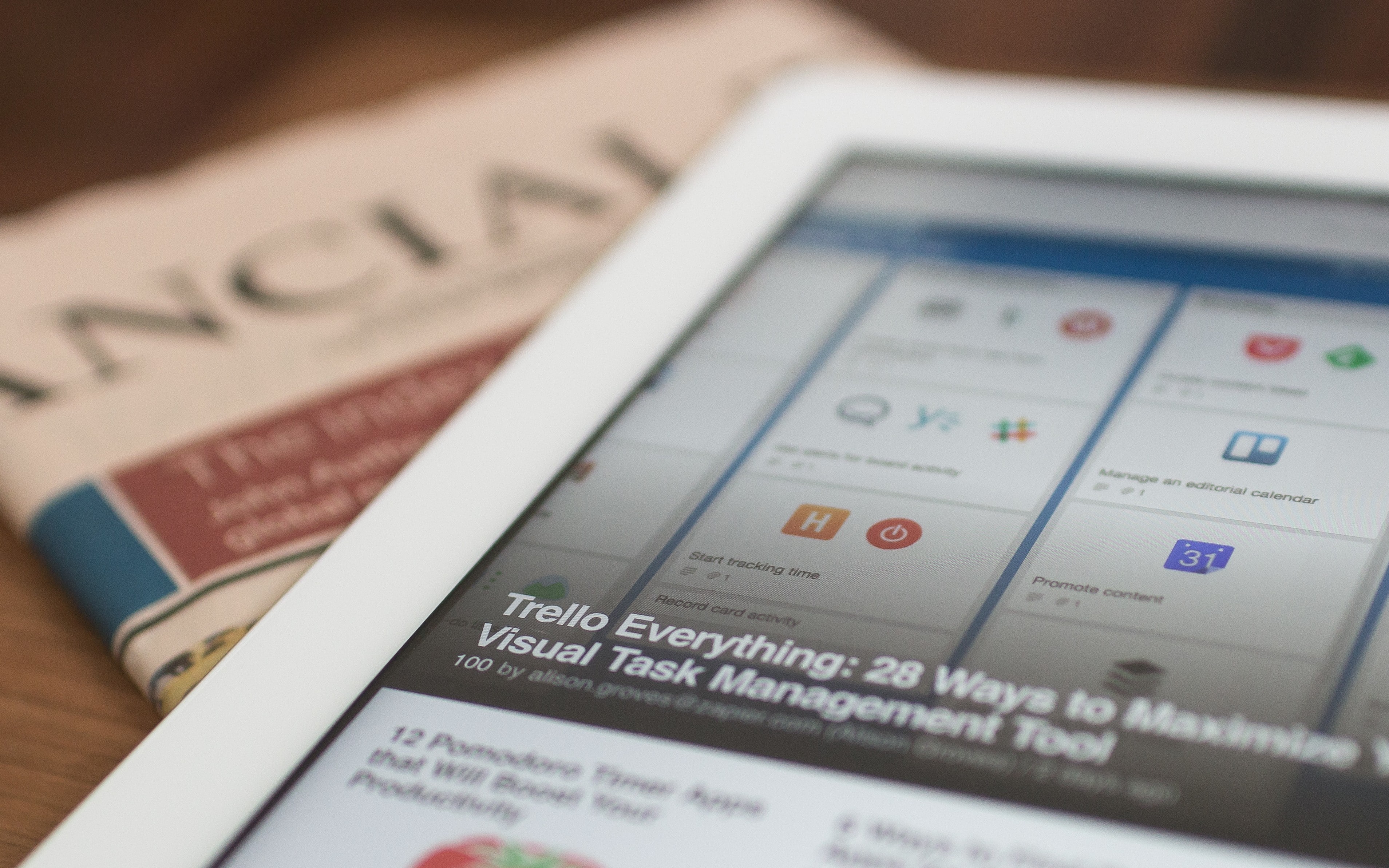How Blockchain and AI Can Defeat Fake News
- by 7wData

Fake news is a term frequently used these days, especially related to the election of a certain U.S. president. Incorrect information on the web is nothing new, so what is all this new excitement about? The integration of social media into our lives is so deep, it has become the primary interface between ourselves and the (digital) world. They are the means for chatting with family and friends, reading the news, do shopping, and (soon) paying. This poses risks — and one of them is misinformation. In any given day, we might read an article from a New York Times reporter and an article from an anonymous blogger and fall in the trap of thinking that they both have the same validity just because we are consuming them from the same social media platform. Combined with our human nature of easily accepting information we receive, especially when it is in agreement with our own world-view, people are believing things that are obviously debatable, to say the least.
This is a serious matter and we have to find defenses against it because Fake news has already produced very real results. Technology (like social media) enabled this situation, and technology must provide defenses against it. The good (and truthful) news is that the tools to recognize fake stories already exist.
I read that Facebook will try to fight back using fact-checkers for news that were reported by many users to be fake. I do not know exactly their implementation strategy, but relying solely on human fact-checkers is not going to cut it. The reason is obvious: there are significantly more people writing fake stories than there are fact-checkers, and it takes more time to verify/disprove than to write a fake story. With the help of technology, however, fact-checking can be a very viable solution — specifically an approach similar to blockchain and complemented by Artificial Intelligence.
The main idea behind the solution is simple: instead of trying to find out for each story if it is factual, focus on examining its source and its distributors. Additionally, we need to automatically recognize if the content of a story is very similar to the content of stories that proved to be fake.
To make a simplified example, if it is proven (from fact-checkers) that Dennis said many fake things, we should take any of his future stories with caution. Does this remind you the story of the boy who cried wolf? Well, no one is blaming the villagers. Actually, Google is already taking a similar approach. Google APAC CMO Simon Kahn in his talk on the British chamber of commerce said:
Cutting their advertising profits may decrease their motivation to create fake news, but it is not enough. If we can “strong-arm them” financially, then there are others who can fund them and push their own agenda with fake stories. It is more “honest” to simply hold them accountable for the content they produce. It is very important to know these purveyors of fake news and to be able to prove that indeed they are.
That sets the requirement of knowing the source of a story and from whom that story was disseminated. It turns out that there is a technology already that can do a pretty good job with that: blockchain!
In case Blockchain does not ring a bell, I am pretty sure that Bitcoin does. Bitcoin is a popular peer-to-peer cryptocurrency and payment system that is already used widely. Well, Blockchain is the underlying technology that makes such a system possible. I will not go very deep into how Blockchain works, but I have to explain its workflow briefly so you can understand the benefits it provides and how they relate to our solution against fake news.
Imagine Blockchain as a ledger with entries like in the table below. In this ledger, all transactions between users in the network are recorded. Everyone involved (i.e. Nia, Mary, etc.) maintains their own exact copy of the ledger.
[Social9_Share class=”s9-widget-wrapper”]
Upcoming Events
Shift Difficult Problems Left with Graph Analysis on Streaming Data
29 April 2024
12 PM ET – 1 PM ET
Read MoreCategories
You Might Be Interested In
Data Science vs. Business Intelligence: Data-Driven Decisions & Key
5 Mar, 2021In today’s business world, it seems like all decisions and strategies ultimately point back to one thing: data. However, how …
Why data governance is not an option
2 Oct, 2019With the global increase in data breaches, like the biggest data fiasco of Facebook and the massive cyber attack on …
How Goodyear Is Using Data, Artificial Intelligence And Digital Twins To Create The Tyres Of The Future
4 May, 2020The way we drive is changing. Globally, trends like urbanization, carpooling, and eventually, autonomous vehicles will mean that the demands …
Recent Jobs
Do You Want to Share Your Story?
Bring your insights on Data, Visualization, Innovation or Business Agility to our community. Let them learn from your experience.
Privacy Overview
Get the 3 STEPS
To Drive Analytics Adoption
And manage change




